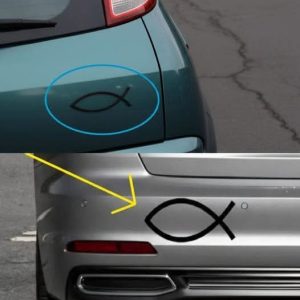In a significant diplomatic gesture, Russian President Vladimir Putin spoke in English to invite U.S. President Donald Trump to Moscow for the next round of peace talks following their recent summit in Alaska. While no formal agreement was reached, both leaders described the meeting in Anchorage as productive and constructive.
Trump called the summit an “extremely productive” step toward restarting pragmatic relations between the two nations. At a joint press conference, he acknowledged that although no final deal was made, there was “a very good chance” of achieving one in the near future. Putin echoed this optimism, calling the discussions “results-oriented.”
The summit ended on a symbolic note when Putin invited Trump to Moscow, saying, “Next time in Moscow.” Trump responded playfully, recognizing the political controversy the visit might stir but leaving the door open to the idea. Both leaders avoided taking questions from the press and offered few specifics on policy outcomes.
Reactions in Europe were swift. Hungarian Prime Minister Viktor Orban praised the summit, claiming it had made the world “a safer place.” His comments reflected hopes among some European leaders that renewed U.S.-Russia dialogue might help resolve the war in Ukraine and reduce global tensions.
Following the summit, Trump and Ukrainian President Volodymyr Zelensky joined a transatlantic conference call with leaders from France, Germany, the UK, Italy, Finland, Poland, NATO, and the EU. The discussion aimed to align strategies and assess the next steps in potential peace negotiations involving Ukraine.
Zelensky later expressed support for a proposed trilateral meeting between the U.S., Russia, and Ukraine. He emphasized the importance of European involvement and announced plans to meet Trump in Washington to discuss peace efforts. With global attention focused, the summit signals a renewed push toward resolving the Ukraine conflict through high-level diplomacy.




